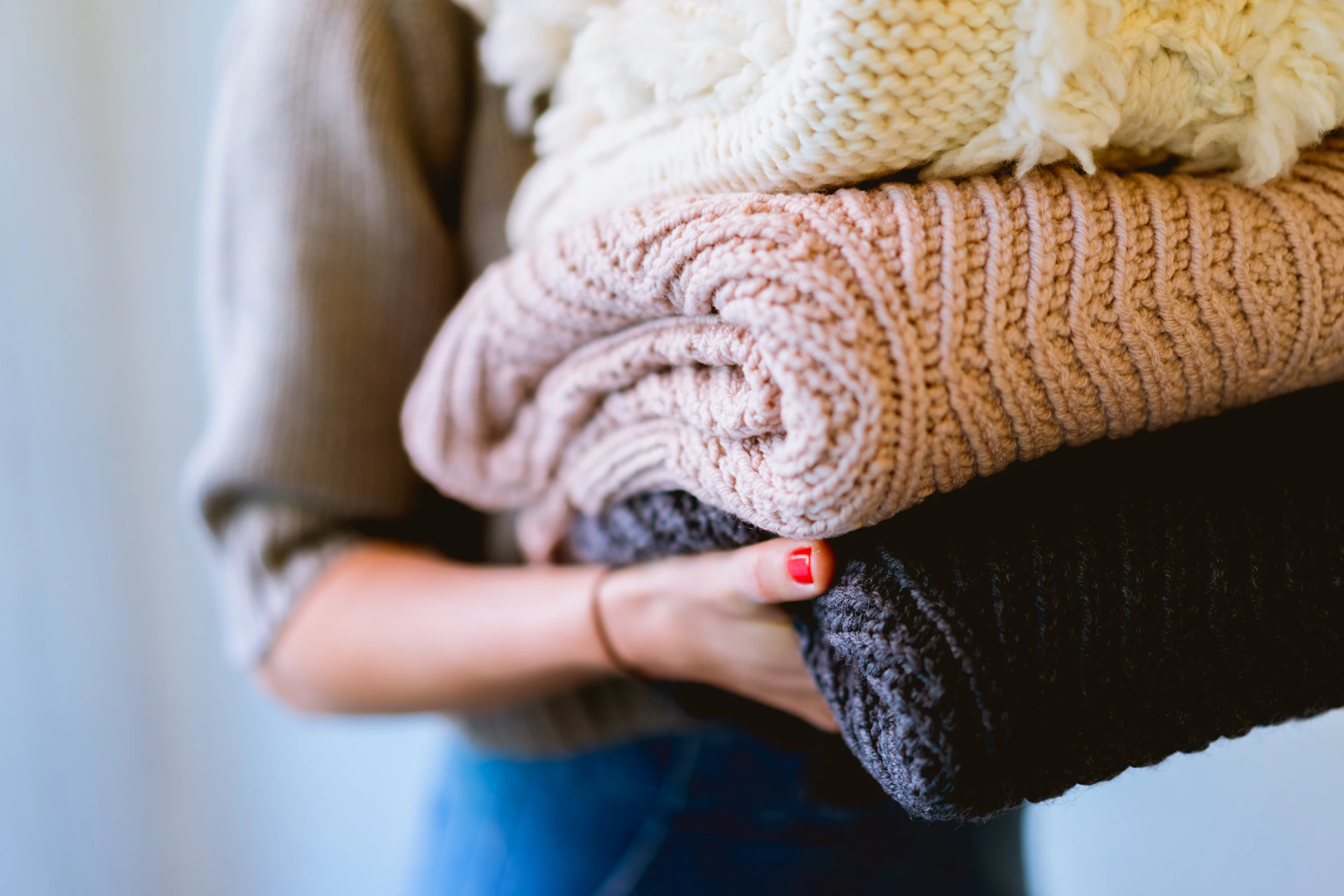If you are doing the usual sleep hygiene moves and still waking up at 3 a.m., you are not alone. Maybe you cut late caffeine, dimmed the lights, and kept your room cool, yet your brain stays wired or your gut feels unsettled when your head hits the pillow. The common assumption is that restless nights are only about screens, stress, or a bad mattress. Here is a missing link worth your attention: the gut microbiome. That is the community of trillions of bacteria, fungi, and other microbes living in your digestive tract. A growing body of research suggests this ecosystem communicates with your brain and may shape how easily you fall asleep and how deeply you stay asleep. The science is early, but it points toward practical, everyday levers that may help you sleep more soundly.
Meet your gut microbiome
Your gut microbiome is the collection of microbes and their genes that live along your digestive tract. These organisms help break down food, produce vitamins, and train the immune system. They also make signaling molecules that reach your brain through nerves, hormones, and the immune system. Scientists call this two way communication the gut brain axis. Human studies show that people with greater gut microbial diversity tend to have more stable sleep physiology, although these findings do not prove cause and effect [1]. Your microbiome also follows a daily rhythm that aligns with your own internal clock, called the circadian system. When that rhythm is disrupted by irregular sleep or jet lag, the microbiome shifts too [2].
How your gut talks to your brain at night
Several pathways link gut microbes to sleep regulation:
- Serotonin and melatonin: Certain gut bacteria influence the production of serotonin, a neurotransmitter that stabilizes mood and helps regulate sleep. Most of your body’s serotonin is made in the gut. Serotonin is also a precursor to melatonin, the hormone that signals biological night [3][4].
- Short chain fatty acids: When microbes ferment dietary fiber, they create short chain fatty acids like acetate, propionate, and butyrate. These molecules can act on the nervous and immune systems and are being investigated for roles in sleep regulation. Early work suggests they may influence sleep depth and inflammation, but more human data are needed [6].
- Immune signaling: Poor sleep and circadian disruption can drive low grade inflammation, and gut dysbiosis, meaning an imbalance in the microbiome, can do the same. Inflammation often fragments sleep, creating a frustrating light, non restorative night [6].
- Nervous system crosstalk: The vagus nerve carries signals from gut to brain in real time. Changes in gut motility, gas, or discomfort can activate arousal systems that make drifting off harder. This is one reason gastrointestinal flare ups often travel with poor sleep.
What the latest research is telling us
The field is moving quickly, and most findings are associative. That said, several patterns are consistent across animal and human research:
- Microbial diversity tracks with sleep quality: In one study of adults, higher gut microbial diversity was associated with more efficient sleep and more time in slow wave sleep, which supports memory consolidation [1].
- Sleep disruption changes the microbiome: Chronic sleep fragmentation in mice altered gut microbes in ways linked to metabolic stress. Similar patterns have been observed after circadian misalignment in humans and animals [5][2].
- Meal timing matters: Your microbiome follows day night cycles. Irregular eating or late night heavy meals can push those rhythms off center, which can echo back to your sleep timing and quality [11][2].
- Diet quality shows links to sleep: Higher fiber intake is associated with more deep sleep and fewer nighttime arousals, while high saturated fat and sugar correlate with lighter, more fragmented sleep [7]. Adherence to a Mediterranean style eating pattern rich in plants, legumes, fish, and olive oil is associated with better sleep quality in adults [8].
- Fermented foods may support diversity: A diet rich in fermented foods such as yogurt, kefir, kimchi, and sauerkraut increased microbial diversity and reduced inflammatory markers in a randomized trial. Less inflammation often pairs with better sleep continuity [9].
- Movement helps both sides: Regular exercise can increase microbial diversity and beneficial metabolites, and exercise is a well established sleep promoter when timed earlier in the day [10].
It is important to be cautious. We do not have a single probiotic, test, or food that reliably fixes insomnia. Most results show associations, not cures. Still, these studies point to doable ways to nudge the system in your favor.
Practical takeaways you can test over the next two weeks
You do not need a gut overhaul to sleep a little better. Try one or two of the following. Consistency beats intensity.
- Build a fiber floor: Aim for 25 to 35 grams of fiber per day from whole foods like beans, oats, berries, nuts, vegetables, and seeds. Increase gradually and drink water to limit bloating. Fiber feeds microbes that make short chain fatty acids, which are being studied for roles in sleep depth and immune balance [7].
- Include one fermented food daily: Rotate options you enjoy such as yogurt, kefir, tempeh, miso, kimchi, or sauerkraut. Start with a few forkfuls or a half cup serving to assess tolerance. Fermented foods increased microbiome diversity and lowered inflammatory markers in a controlled trial [9].
- Favor an earlier eating window: Finish dinner two to three hours before bed and keep late night snacking rare. On most days, cluster meals during daylight hours. More aligned meal timing may support both circadian rhythms and microbial rhythms [11][2].
- Go for a morning light plus movement combo: Get outside within an hour of waking for at least 10 minutes of daylight. Add a walk or some light exercise. This strengthens your circadian anchors and, over time, regular activity is associated with a healthier microbiome profile [10].
- Choose plant diversity across the week: Mix up your produce, whole grains, herbs, and legumes. A broader plant roster is associated with greater microbial diversity, a marker often linked to resilience [14].
- Watch alcohol timing and dose: Alcohol may help you doze off but it disrupts deep and REM sleep later in the night. It can also impair gut barrier function in heavy or chronic use. If you drink, keep it light and earlier in the evening [13].
- Consider a short, guided experiment with probiotics only if needed: If you have gut symptoms alongside poor sleep, a trial of a well studied strain may help your daytime comfort and nighttime wind down. Set a clear goal, try one product at a time for 4 to 8 weeks, and stop if you notice no benefit. Evidence for sleep benefits is mixed, and products are not one size fits all [6].
Small pitfalls to avoid
- Do not overhaul everything at once: Rapid diet shifts can backfire with gas or reflux. Layer one change per week and log how you feel.
- Do not chase perfect stool tests: Commercial microbiome tests are not yet prescriptive for sleep. Use them, if at all, as a curiosity rather than a treatment plan.
- Be careful with late spicy or high fat meals: They increase the chance of reflux and sleep fragmentation. Your gut and your sleep pressure generally prefer earlier, lighter dinners [11].
- If you are immunocompromised or pregnant, or you have significant gastrointestinal disease, talk with your clinician before taking probiotics or making major diet changes.
How to track progress
Keep a two week sleep and food log. Each day, note wake time, outdoor light exposure, exercise, meal timing, fermented and fiber rich foods, alcohol, and bedtime. Track sleep onset latency, nighttime awakenings, and how restored you feel in the morning. Most people need 10 to 14 days to notice if these levers are moving the needle. Look for earlier natural sleepiness, fewer wake ups after 2 a.m., and a clearer head within an hour of waking.
The bottom line
Your gut microbiome is not a magic sleep switch, yet it is a meaningful lever. The emerging picture is that a diverse, fiber fed, rhythm aligned microbiome is associated with steadier sleep. You can support that system with simple moves you repeat: more plants, a serving of fermented foods, earlier and regular meals, daylight and daily movement. These habits may not cure insomnia, but they can reduce friction at bedtime and give your brain the best chance to settle.
I hope these ideas help you feel calmer at night and more alert in the morning. Small, steady changes are how we reshape sleep. If this was useful, subscribe or check back for new pieces where I test practical ways to dial in light, temperature, nutrition, and routines so you can fall asleep faster and wake clearer.
References
- Smith RP, Easson C, Lyle SM, Kapoor R, Donnelly CP, Davidson EJ, Parikh E, Lopez JV, Tartar JL. Gut microbiome diversity is associated with sleep physiology in humans. PLoS One. 2019;14(10):e0222394. https://doi.org/10.1371/journal.pone.0222394
- Thaiss CA, Zeevi D, Levy M, Zilberman Schapira G, Suez J, Tengeler AC, Abramson L, Katz MN, Korem T, Zmora N, et al. Transkingdom control of microbiota diurnal oscillations promotes metabolic homeostasis. Cell. 2014;159(3):514-529. https://doi.org/10.1016/j.cell.2014.09.048
- Yano JM, Yu K, Donaldson GP, Shastri GG, Ann P, Ma L, Nagler CR, Ismagilov RF, Mazmanian SK, Hsiao EY. Indigenous bacteria from the gut microbiota regulate host serotonin biosynthesis. Cell. 2015;161(2):264-276. https://doi.org/10.1016/j.cell.2015.02.047
- Bubenik GA. Gastrointestinal melatonin: localization, function, and clinical relevance. J Physiol Pharmacol. 2008;59 Suppl 2:33-51. https://pubmed.ncbi.nlm.nih.gov/19088715/
- Poroyko VA, Carreras A, Khalyfa A, Khalyfa AA, Leone V, Peris E, Almendros I, Gileles-Hillel A, Qiao Z, Hubert N, et al. Chronic sleep fragmentation alters gut microbiota. Sci Rep. 2016;6:27345. https://doi.org/10.1038/srep27345
- Voigt RM, Forsyth CB, Green SJ, Mutlu E, Engen P, Vitaterna MH, Turek FW, Keshavarzian A. Circadian rhythms: a regulator of the gut microbiome and enteric barrier function. Sleep Med Rev. 2016;25:40-52. https://doi.org/10.1016/j.smrv.2016.02.003
- St-Onge MP, Mikic A, Pietrolungo CE. Effects of diet on sleep quality. Food intake associated with sleep architecture in adults. J Clin Sleep Med. 2016;12(1):19-24. https://doi.org/10.5664/jcsm.5476
- Godos J, Ferri R, Caraci F, Cosentino FI, Castellano S, Galvano F, Grosso G. Adherence to the Mediterranean diet is associated with better sleep quality in adults. Nutrients. 2019;11(5):976. https://doi.org/10.3390/nu11050976
- Wastyk HC, Fragiadakis GK, Perelman D, Dahan D, Merrill BD, Yu FB, Topf M, Gonzalez CG, Van Treuren W, Han S, et al. Gut-microbiota-targeted diets modulate human immune status. Dietary fermented foods reduce inflammatory proteins and increase microbiome diversity. Cell. 2021;184(16):4137-4153.e14. https://doi.org/10.1016/j.cell.2021.07.045
- Allen JM, Mailing LJ, Niemiro GM, Moore R, Cook MD, White BA, Holscher HD, Woods JA. Exercise alters gut microbiota composition and function in lean and obese adults. Med Sci Sports Exerc. 2018;50(4):747-757. https://doi.org/10.1249/MSS.0000000000001495
- St-Onge MP, Ard J, Baskin ML, Chiuve SE, Johnson HM, Kris-Etherton P, Varady K. Meal timing and frequency: implications for cardiovascular disease prevention. A scientific statement from the American Heart Association. Circulation. 2017;135(9):e96-e121. https://doi.org/10.1161/CIR.0000000000000476
- Mayer EA, Knight R, Mazmanian SK, Cryan JF, Tillisch K. Gut microbes and the brain: paradigm shift in neuroscience. Gastroenterology. 2014;146(6):1500-1512. https://doi.org/10.1053/j.gastro.2014.06.034
- Roehrs T, Roth T. Sleep, sleepiness, and alcohol use. Alcohol Res. 2018;38(1):35-44. https://doi.org/10.35946/arcr.v38.1.35
- McDonald D, Hyde E, Debelius JW, Morton JT, Gonzalez A, Ackermann G, Aksenov AA, Behsaz B, Brennan C, Chen Y, et al. American Gut: an open platform for citizen science microbiome research. mSystems. 2018;3(3):e00031-18. https://doi.org/10.1128/mSystems.00031-18






